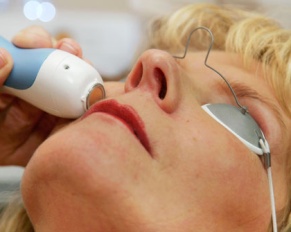Understanding Eczema: Causes, Symptoms, and Treatment Options Eczema is a skin condition that affects millions of people worldwide, irrespective of…


Understanding Eczema: Causes, Symptoms, and Treatment Options Eczema is a skin condition that affects millions of people worldwide, irrespective of…

The pursuit of a whiter, brighter smile is a common goal for many, transcending age and health conditions. It’s a…

Cosmetic dentistry, a field that marries the art of aesthetics with the science of dental care, has significantly expanded the…

Craniosacral massage emerges as a gentle yet powerful form of therapy, focusing on the subtle rhythms and structures within the…

Swedish massage, with its roots deeply embedded in the healing traditions of the 18th century, has evolved into a cornerstone…

Deep tissue massage stands out as a specialized therapeutic practice designed to reach the deeper layers of muscle and connective…

Massage therapy, an age-old practice revered for its healing touch, has transcended time to become a pivotal element in contemporary…

The evolution of laser skin treatments has significantly broadened the horizons of dermatological care, offering precise and effective solutions for…

In today’s increasingly sedentary lifestyle, back health has become a concern for many, spanning from young adults to those in…

The intersection of sports and health brings to light the critical issue of back injuries, a prevalent concern for athletes…